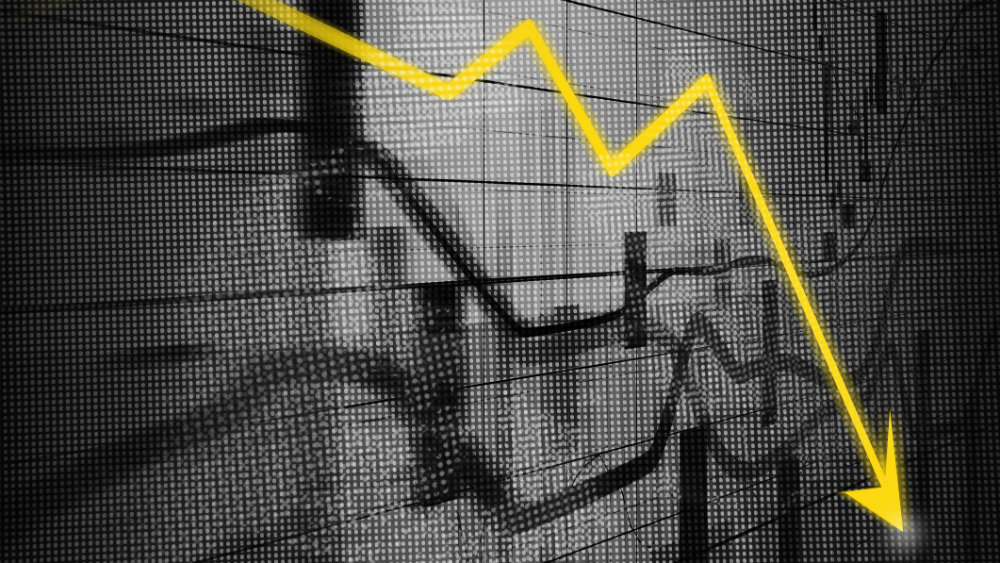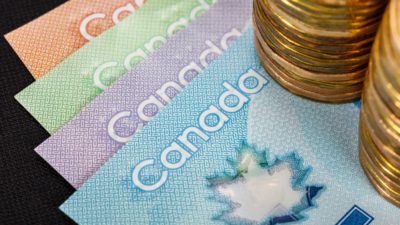Investors are getting ready for the gloomy clouds of recession to come and rain all over their profits and growth prospects. But it doesn’t necessarily have to be like that. You can indeed expect many of the stocks in your portfolio to perform poorly if the market crashes. But these dark clouds have a silver lining, too.
I’ll start the good news by quoting the wizard of Omaha, Warren Buffett, himself: “Be fearful when others are greedy and greedy when others are fearful.” And “Opportunities come infrequently. When it rains gold, put out the bucket, not the thimble.” These two quotes should give you an idea on how you can cash out the potential market crash in case it comes.
A recession makes investors afraid. Many try to solidify their portfolios to weather the crash. This is an excellent approach. It would help if you tried to do whatever you can to protect your investments. But clutching your savings close to your heart during a recession, and waiting for the storm to pass is not the only way to go through a market crash — a better way to keep your eyes peeled on your favourite stocks and buy the dip.
A market crash indeed has the potential to crush some business to dust. But most established companies come out of the crash relatively unscathed. But when the stocks of good companies take a hit during the crash, it presents a fantastic opportunity for investors to load up on those stocks. Because when the companies start rising, your recession-time investment may have the potential of making you millions.
Though there are many good companies to consider in a market crash, the two I would like to suggest are Bank of Nova Scotia (TSX:BNS)(NYSE:BNS) and ATCO (TSX:ACO.X).
One of the Big Six
Bank of Nova Scotia is the third-biggest bank in the country, with a market cap of $89.77 billion. Like the overall banking sector, Bank of Nova Scotia enjoys the relative stability of the banking sector. Currently, the bank is trading at $73.82 per share and offers a juicy yield of 4.82%, the second-highest among the Big Six.
Even though the country’s banking sector is rock solid, it’s not entirely immune to market crashes. In the last recession, the stock dipped almost 44% since December 2007. But when the stock got back up, it doubled investors’ money in just two years.
An additional benefit is the bank’s dividends. It’s a Dividend Aristocrat and likely won’t slash the benefits during the market crash.
A holding company
ATCO is a diverse holding company, with a stellar history of increasing dividends for 25 consecutive years, even during the Great Recession. Currently, the company offers a decent yield of 3.23%.
During the recession, the company’s market value plummeted around 45%. It took the company a bit over four years to reach from its lowest to the highest market value, and ATCO grew well over 200% during that time, making investors $3 per for every dollar in fewer than five years.
Foolish takeaway
A market crash might shake your current portfolio a bit. You might even lose a bit of money, no matter how efficiently you prepare. But instead of hoarding cash for safeguarding, make some bold and smart investments during the crash. Your returns will more than make up for any losses you suffer.








